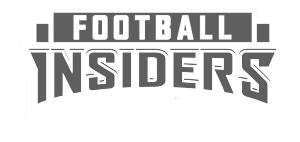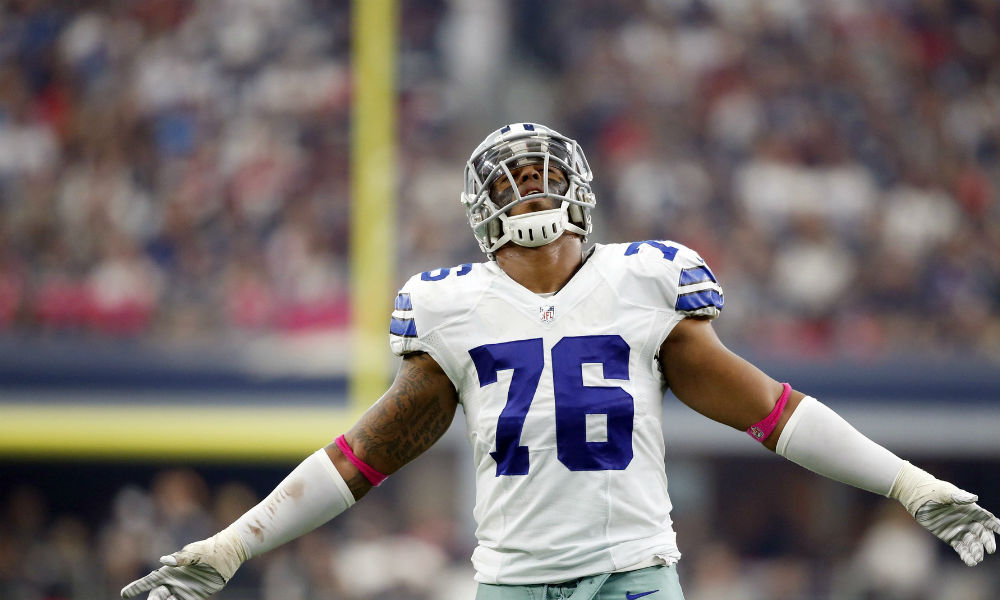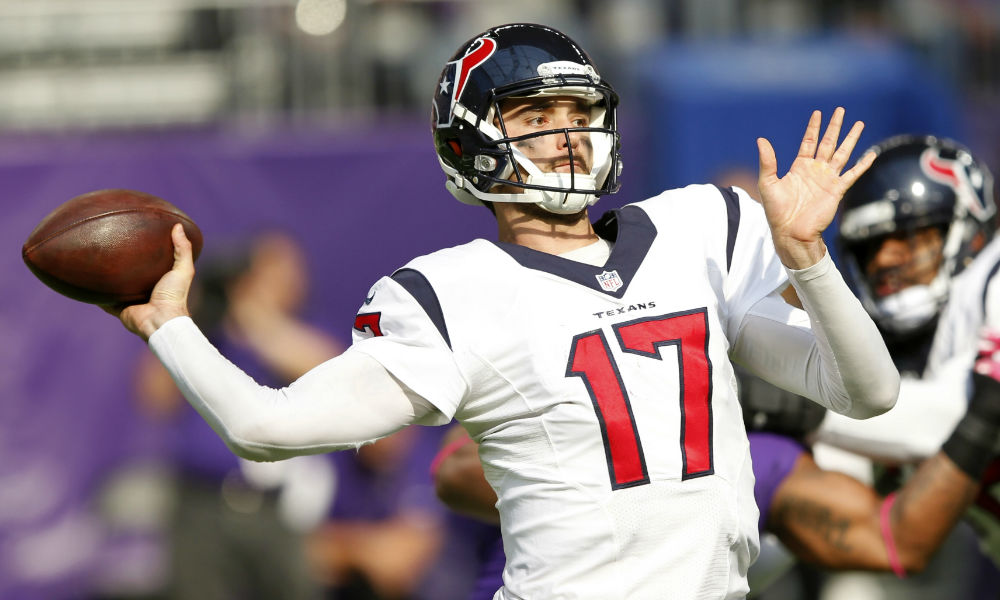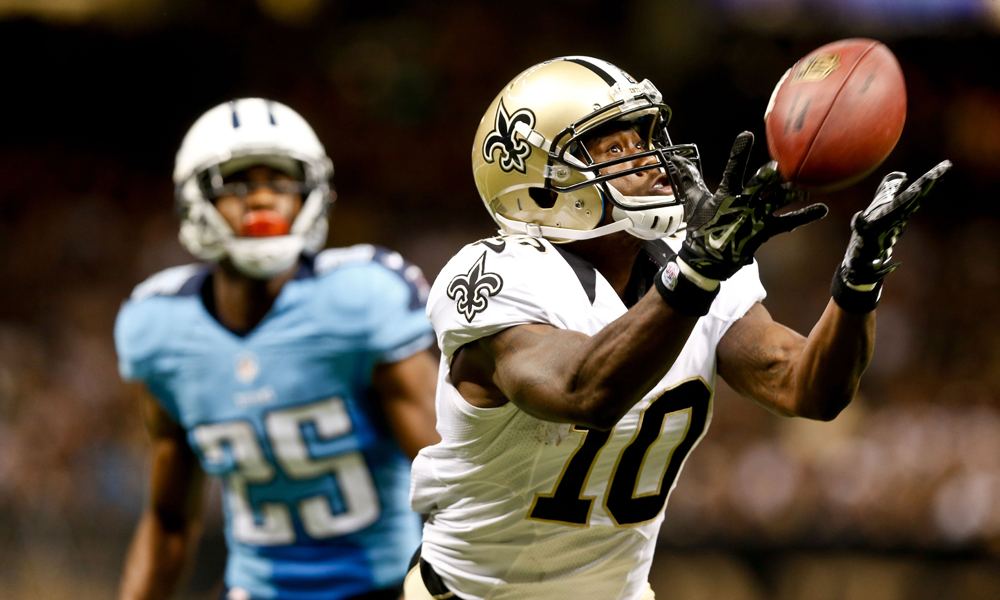News
Dilemma in Dallas: Mixed officiating crews are mixed up
Before pass interference was called and before that flag was picked up and the call inexplicably reversed and prior to the confusion and acrimony in Dallas Sunday, the faulty foundation for a controversy already in place.
In NFL postseason games, mixed officiating crews will inevitably create mixed up results.
That is what happened Sunday when a pass interference call against the Cowboys — after being announced and stepped off — was reversed to help Dallas defeat the Detroit Lions, 24-20, in an otherwise tremendous wild-card game.
Two men who have warned about this potential powder keg — former head of NFL officials Mike Pereira and Hall of Fame coach John Madden — stopped just short of “I told you so” when they dissected Sunday’s Dilemma in Dallas for the Sports Xchange.
Madden was himself the victim of one of the most controversial playoff calls in NFL history, the Immaculate Reception, in which officials made no call at all for more than five minutes. That was 42 years ago and still hotly debated.
When Pereira was in charge of NFL officials, he fought to keep complete officiating crews together for as long as possible in the postseason in order to maintain the integrity of their experienced teamwork.
They both vehemently disagreed not only on the ultimate call Sunday, but even more with how it happened.
Both of these veteran pro football experts strongly believe that at the heart of the controversy is the fact that in the postseason the NFL does not stay with the officiating teams that worked together all season. Instead, the playoff crews are mixed, meaning some of these officials are working with others for the first time.
“I’ve seen a lot of bad calls and a lot of bad situations in officiating and that was one of the worst,” Madden said Monday.
“It was pass interference,” said Pereira, who was at the game Sunday but Monday morning was still bothered by what happened even as he ate breakfast in his Sacramento, Calif., area home.
“The official who made the initial call had the best view of it and should have stayed with his call. There were so many elements to this that made it even more difficult for a group of officials who have not worked together.
“There was (defensive) holding off the line of scrimmage, there was contact down the field and, yes, there was pass interference. And then there was (Dallas wide receiver) Dez Bryant running on the field with his helmet off. An experienced crew might have called multiple penalties against Dallas.”
But the only flag that was thrown, for defensive pass interference, was picked up. Here is what happened:
On 3rd-and-1 in Cowboys territory, the Lions had a 20-17 lead when quarterback Matthew Stafford faked a handoff and lofted a pass to his left intended for tight end Brandon Pettigrew. Cowboys linebacker Anthony Hitchens first grabbed Pettigrew’s jersey and then placed his left hand on Pettigrew’s right shoulder as the tight end turned to face the quarterback. The pass was incomplete.
Back judge Lee Dyer threw his flag and indicated there was pass interference. Referee Pete Morelli announced that over his microphone and the ball was moved accordingly. Then immediately after Morelli’s announcement, the ball was moved back to the line of scrimmage and the penalty was eradicated.
After the game, Morelli explained what happened to a designated pool reporter.
Morelli: “The back judge threw his flag for defensive pass interference. We got other information from another official (head linesman Jerry Bergman) from a different angle that thought the contact was minimal and didn’t warrant pass interference. He thought it was face-guarding”
Face guarding, per se, is no longer an infraction in the NFL as it is in college.
Morelli recused himself from making the decision, saying “It’s not my responsibility. I’m a hundred miles away.”
Morelli admitted that the usual process is to wait until after officials confer before the penalty is announced.
“Probably, yes,” he said. “The information came and then the officials got together a little bit later, after it was given to me, the first information. It would have probably been smoother if we got together.”
Result: A mixed up officiating crew and another unwanted footnote in NFL history.
On Monday, NFL vice president of officiating Dean Blandino re-confirmed that the mixed officiating crew did not follow the usual protocol. And, although he said pass interference was debatable, he asserted that there was a holding penalty.
“You can debate whether it’s pass interference,” Blandino said on NFL Network where he then micro-analyzed the play in a manner that added more confusion than clarity.
He was more precise and forthcoming when interrogated by Michael David Smith of Pro Football Talk, when Blandino said the interference was a “close call that could have gone either way,” but Hitchens definitely committed defensive holding.
“There is a jersey grab,” Blandino said. “And when you see the jersey grab before the ball is thrown, that’s defensive holding. So had the officials recognized that, we should have had a foul down for that infraction.”
Meanwhile, Madden’s background as both a coach and a long-time television announcer gave him insight into why viewers across the country were especially confused by what they saw, or didn’t see.
“I’ve never seen that before,” said Madden. “The official will throw a flag, announce the penalty and then later pick it up, which is all we saw on TV.
“In television you stay until the referee makes the announcement and then while the officials are doing the administrative part then you go to something else,” he said, meaning the television crew’s focus.
Ironically, in this case that focus was on Pereira, now a consultant with FOX Sports, who was relating why the call was indeed pass interference.
Then the TV cameras focused back on the field in time to see, without further explanation, that the penalty was no longer going to be enforced.
“So when the guy said they were picking up the flag and there wasn’t a penalty, you didn’t see him and you didn’t see what they were doing because they were in replay,” Madden said.
After he realized what happened, Madden was bothered even more.
“The guy that called it saw it and then another official had to talk him out of it and these are officials that don’t work together as teams all season, which has always been one of the dumb things that the NFL does, “Madden said.
“You go all year with a crew, then you get to the playoffs and they make all-star crews. That just doesn’t work. We don’t do it with teams and we shouldn’t do it with officiating crews. They have to have been through a whole season of calling penalties and going through their administration process.”
Pereira explained that at this point in the playoffs, the crews are more mixed than they are a group of all-stars.
“I don’t know what criteria they use in New York,” Pereira said. “Maybe they try to match strengths and weaknesses. But they are not really individual all-star officials. More like mixing crews, creating a hybrid.”
Pereira says the officiating crews for the conference championship and games and the Super Bowl may be considered the all-star variety.
Which means that as the games become more important to the teams that remain, the officiating crews run the increased risk of becoming even more dysfunctional.
–Frank Cooney, founder and publisher of The Sports Xchange and NFLDraftScout.com, covered the NFL and the draft since the 1960s and is a selector for the Pro Football Hall of Fame.
News
Buccaneers admit mistake, boot Aguayo
Source: Mike Florio of ProFootballTalk
Powered by WPeMatico
News
Did Bucs put too much pressure on Aguayo?
Source: Mike Florio of ProFootballTalk
Powered by WPeMatico
News
Broncos holding their breath on Derek Wolfe
Source: Mike Florio of ProFootballTalk
Powered by WPeMatico




